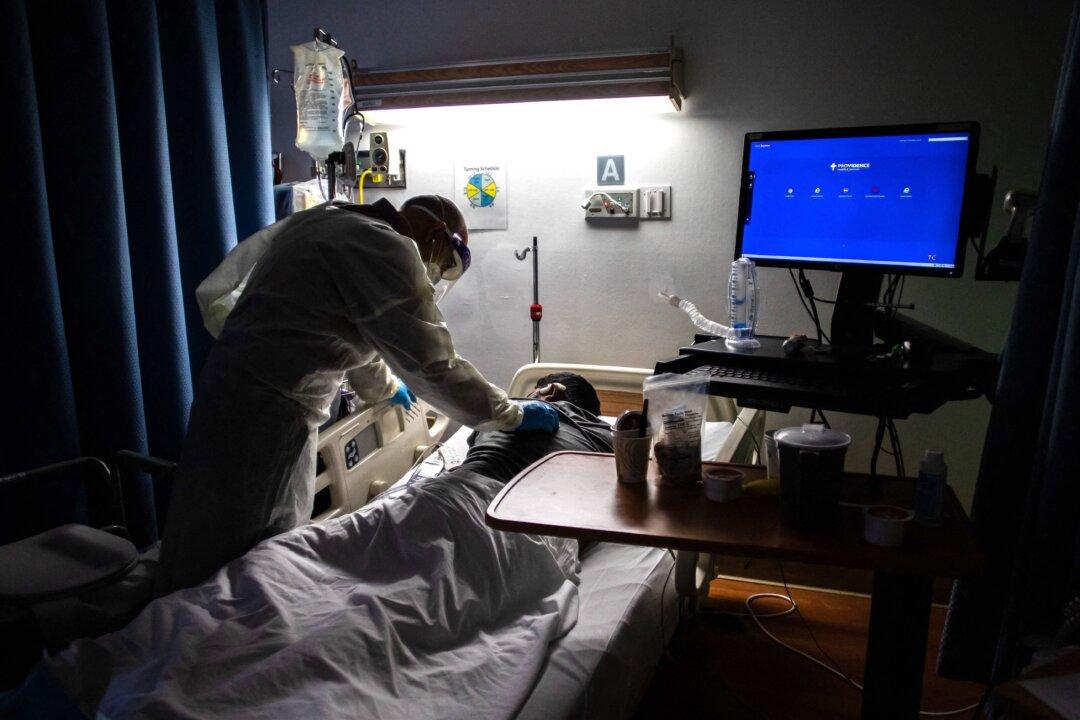A federal judge in California on Jan. 25 paused the state’s so-called COVID-19 misinformation and disinformation law that has been challenged by doctors in two lawsuits, claiming it violates their constitutional rights.
In Hoeg v. Newsom, five doctors alleged that the state law, AB 2098, is unconstitutional under the First and 14th Amendments of the U.S. Constitution. The doctors, Tracy Hoeg, Ram Duriseti, Aaron Kheriaty, Pete Mazolewski, and Azadeh Khatibi, filed their lawsuit against Gov. Gavin Newsom and other officials, including the president and members of the Medical Board of California. A separate related lawsuit, Hoang v. Bonta, makes similar allegations.





